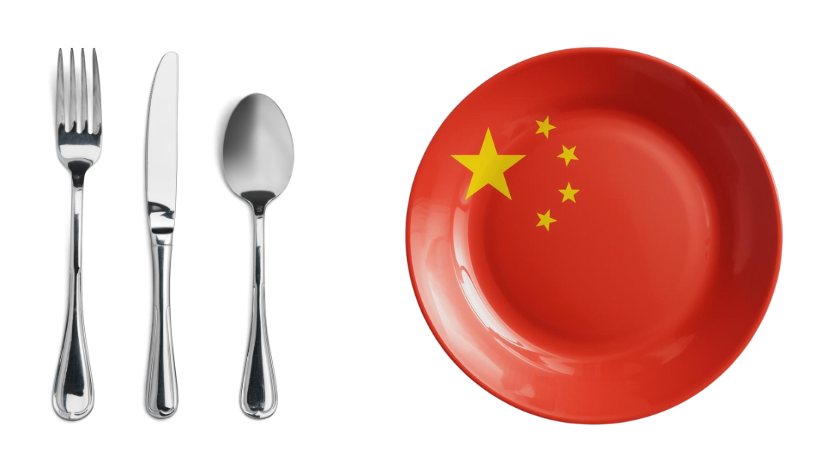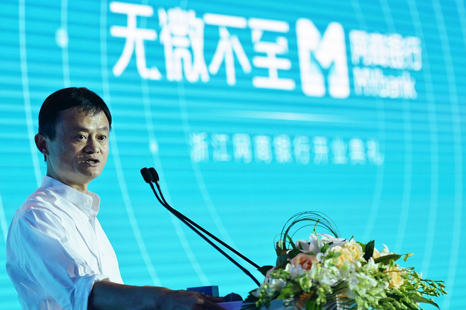The global technology market is in full transition towards increasingly immersive and intelligent devices. After the rise of smartphones and traditional wearables, smart glasses are positioned as the next big step in the integration of augmented reality and artificial intelligence in everyday life. While in the West, giants like Meta and Apple have grabbed headlines with their bets, it is in China where adoption is advancing more rapidly, thanks to the combination of local innovation, competitive prices, and a technological culture that unreservedly embraces new digital trends.
This dynamism is not just a promise of the future: the numbers show that the market is already in full expansion. According to the latest IDC reports, sales of smart glasses in China grew by more than 116% in the first quarter of 2025, and everything indicates that the country will close the year with almost three million units sold. These figures make China the global engine of this emerging industry and an unavoidable benchmark for those seeking business opportunities in technology imports.
Recent Data Confirming the Boom
According to the consultant IDC, 494,000 units were shipped to China in the first quarter of 2025, which marks a year-on-year increase of 116.1%. In figures for the whole year, it is expected that the market will reach between 2.75 and 2.91 million units, which would imply a growth of between 107% and 121% compared to 2024.
In addition, devices with integrated artificial intelligence (AI glasses) already represent 78% of shipments in the first half of 2025, compared to 46% in the same period of the previous year.
Recent Innovations that Raise the Bar
Vivo Vision Discovery Edition
In August 2025, Vivo presented its first mixed reality headset, the Vision Discovery Edition, during its 30th anniversary in Dongguan. This device, lighter than the Apple Vision Pro (398 g versus 600 g), incorporates dual Micro‑OLED 8K screens, Snapdragon XR2+ Gen 2 processor, eye and gesture recognition, and capabilities such as virtual screen projection of up to 120 inches. It is the first Chinese smartphone manufacturer to formally enter the MR market.
Xiaomi AI Glasses
In June 2025, Xiaomi launched its first smart glasses with AI. The model incorporates a 12 MP ultra-wide-angle camera, Snapdragon AR1 processor, battery with 8.6 h autonomy, object recognition functions, text translation, calorie estimation, and QR code payments. The price in China is around 1,999 yuan (≈ $278 USD / €238-357), depending on the version.
What this Panorama Means for Import
The competitive prices of models such as Xiaomi's allow advanced glasses to be brought to the Western market at much more accessible costs than those of Apple or Meta. In addition, the diversity of proposals – with Vivo betting on premium MR, Xiaomi on mass consumption, and Rokid on lightweight devices – opens the door to different market niches. The high demand in China anticipates an international boom, with consumers looking for economic and functional alternatives.
Challenges to Consider
Importing smart glasses from China implies overcoming challenges such as homologation (CE in Europe, FCC in the USA), public perception of privacy, and the need for after-sales support guarantees. The rapid cadence of releases can hinder the durability of the service.
Conclusion
The explosion of the Chinese smart glasses market is not just a curious fact, but a real opportunity for importers. China offers advanced and competitively priced products, just as global demand is beginning to take off.
At S³ Group, we carry out the search and selection of reliable suppliers and also take care of negotiating advantageous conditions and managing the entire import process, so that you can take advantage of this technological wave before the competition.


















